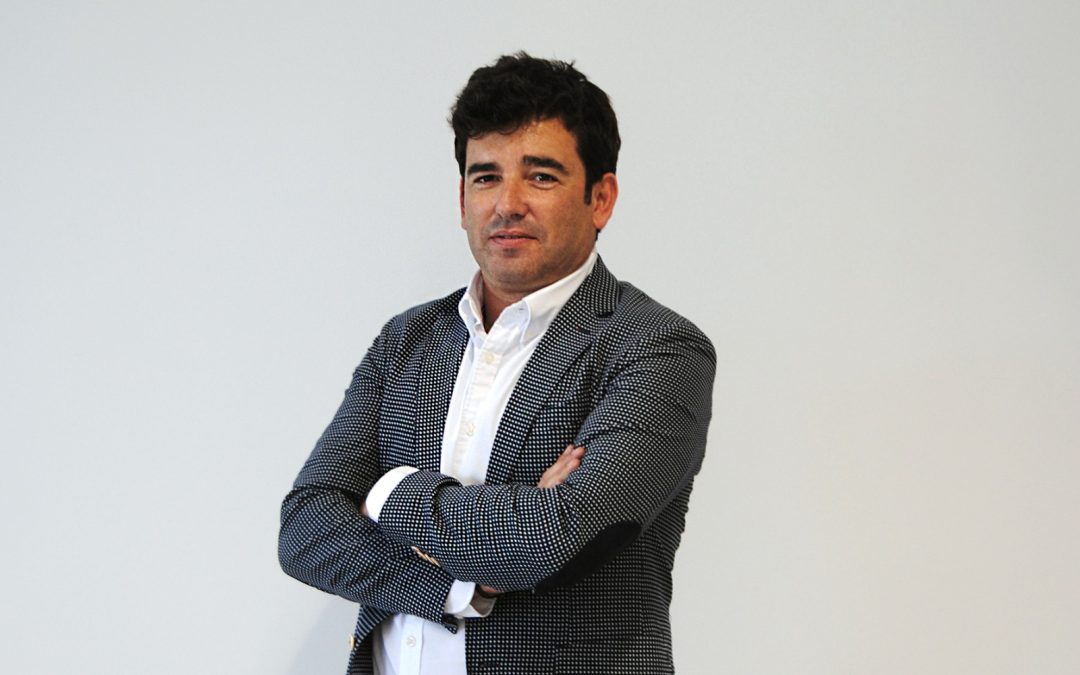How will the growth of urban agriculture impact the demand for specialized products in technical horticulture?
Urban agriculture will play a crucial role in the food security of future cities. Its development will be driven by the need for sustainability, technological advancements, and a growing demand for fresh, local produce. The result will be its emergence as a key component of smart cities, contributing to the creation of an efficient, healthy environment with greater resilience for future generations.
The growth of urban agriculture will radically transform the demand for specialized products in technical horticulture. This impact can be analyzed from several key perspectives:
Increase in demand for specific technologies
- Controlled cultivation systems: hydroponic, aeroponic, and aquaponic systems will be essential as they maximize production in limited spaces. This will drive the development of customized solutions for water and nutrient management.
- Advanced LED lighting: indoor production will rely on specialized LED lights that optimize the spectrum for specific crops, reducing energy costs.
Optimized inputs
- Technical substrates: there will be a growing demand for lightweight, efficient, and sterile substrates that improve water and nutrient retention.
- Adapted seeds: varieties designed for rapid growth, disease resistance, and optimization in confined spaces will become increasingly popular.
- Specialized fertilizers: products tailored for closed systems, such as high-precision nutrient solutions, will gain prominence.
Technology as a central pillar
- loT systems: urban farmers will require tools to monitor and control critical parameters such as humidity, temperature, and CO2 levels, driving demand for sensors and data-driven management platforms.
- Automation: Robots for planting, harvesting, and handling will become essential.
- Controlled environment agriculture (CEA): closed facilities designed to optimize the microclimate will enable year-round food production, regardless of external weather conditions.
Sustainability as a core principle
- Zero waste: agricultural systems will integrate technologies to recycle water, reuse nutrients, and convert organic waste into compost or biogas.
- Renewable energy: equipment incorporating solar panels, wind energy, and/or efficient energy storage will see growing demand to reduce the carbon footprint.
- Local production: growing food within cities will decrease the need for long-distance transportation, reducing emissions and ensuring freshness.
Crop diversification
- High-value products: urban agriculture will focus on fresh, high-quality products such as microgreens, edible flowers, and aromatic herbs. This shift will create demand for specialized products to maximize the yield of these crops.
- Customized crops: there will be a trend toward producing foods tailored to specific diets, restaurant, or special needs.
Integration with urban planning
- Multifunctional buildings: cities will incorporate vertical farms and green roofs into architectural designs, blending agriculture with residential and commercial spaces.
- Food in unexpected places: Infrastructure such as metro stations, airports, and parking lots will become strategic locations for food production.
Changes in the supply chain
The growth of urban agriculture will encourage the emergence of local suppliers of technical solutions, reducing dependency on traditional markets and enhancing customization.
In summary, the expansion of urban agriculture will not only increase the demand for products designed for technical horticulture but also drive innovation and specialization in the sector. It will become a catalyst for the development of more efficient, sustainable technologies tailored to urban needs.
